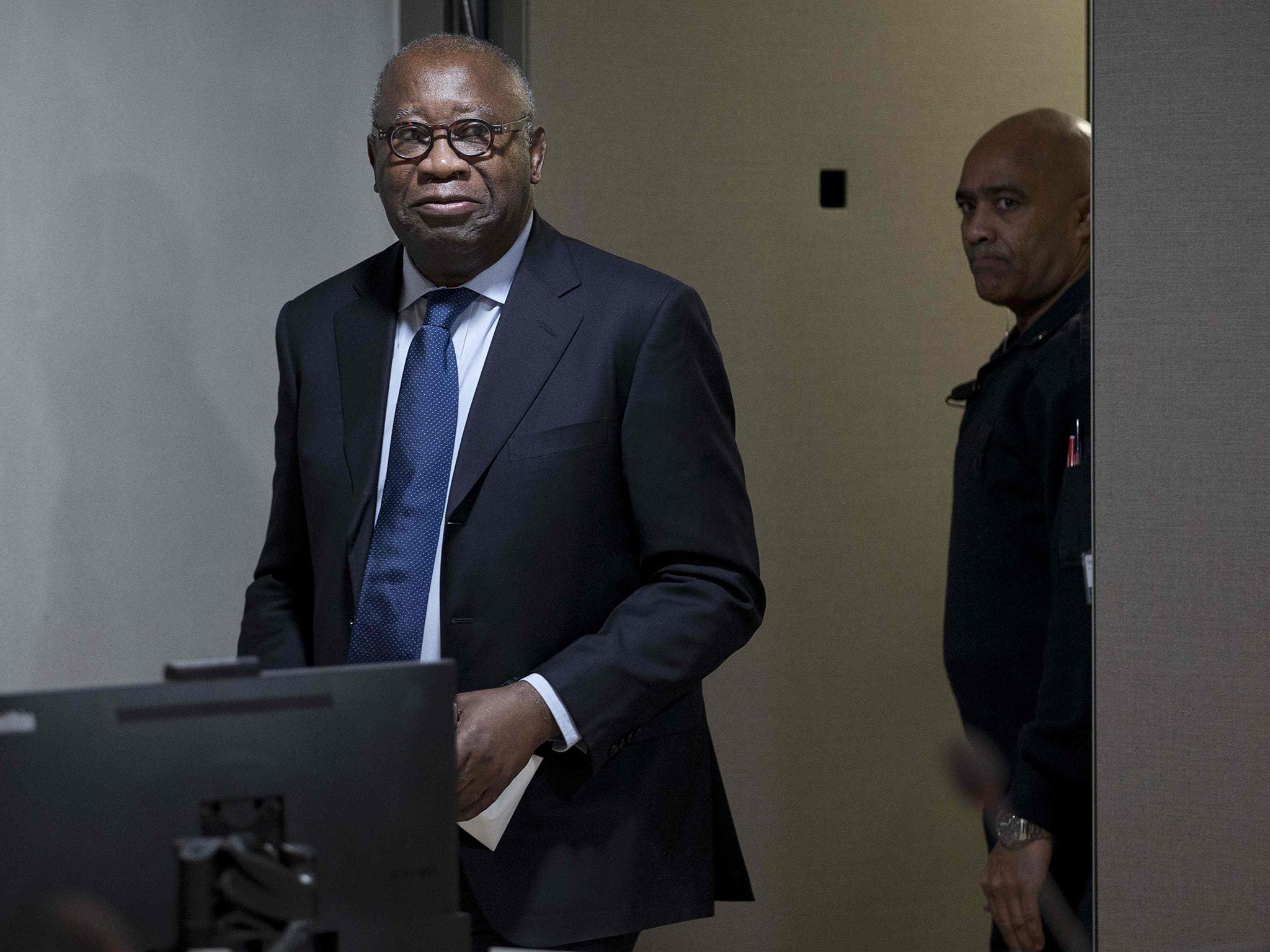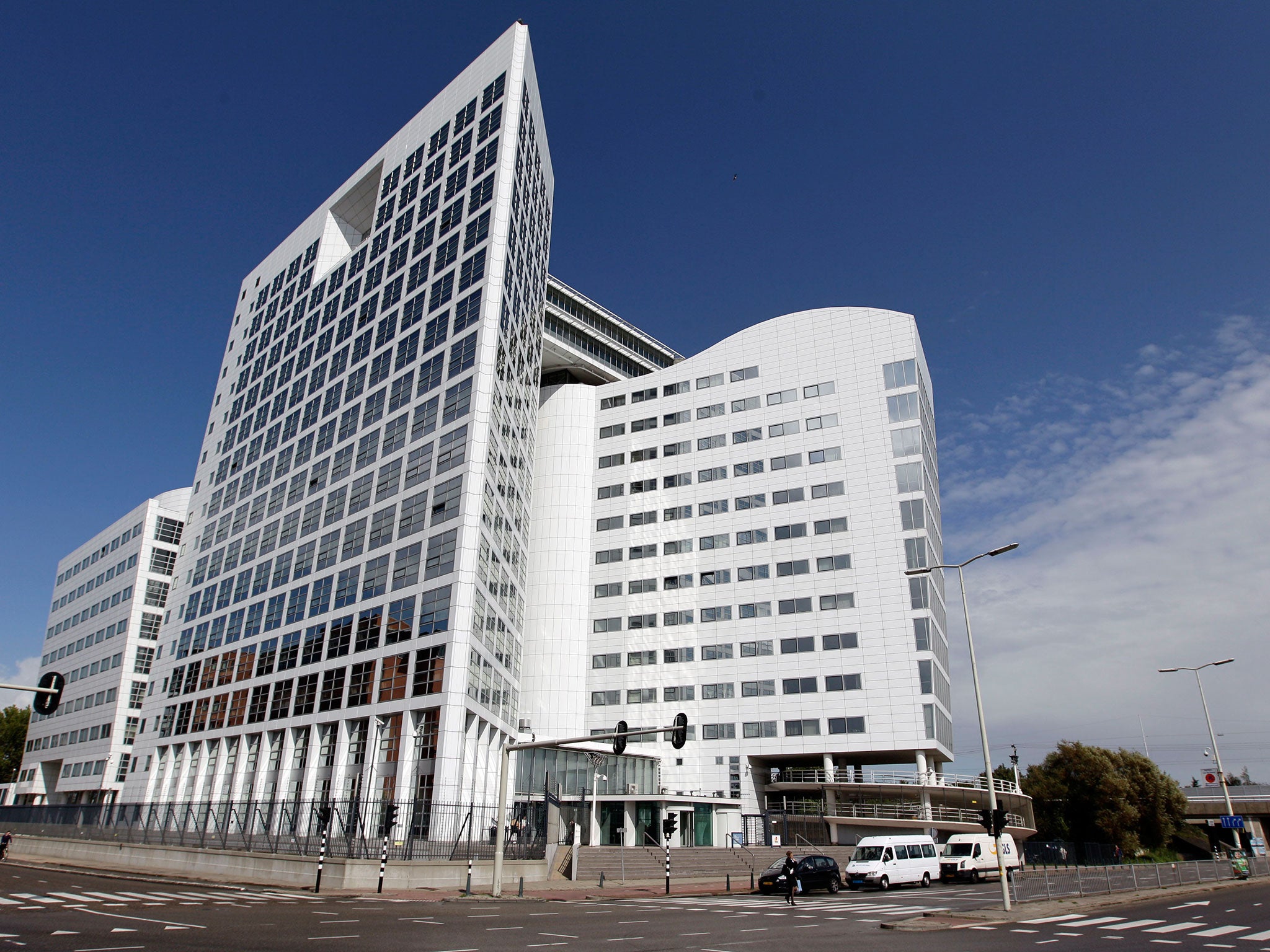The International Criminal Court has its flaws, but is there an alternative?
World View: The court needs to sign up more countries; to streamline its procedures; to mature. Because never before in history has there been a forum for the weak to obtain justice from those who would like to consider themselves all-powerful. It demands to be nurtured


Bringing the world’s masters to trial has never been easy. One early success was the trial and execution of King Charles I. But it did not encourage further experiments – come the Restoration, the judges who condemned him were tried for high treason and executed in their turn.
Ten years after it began its first ever pre-trial hearings, when a Congolese warlord was in the dock, the International Criminal Court at The Hague has become part of our mental furniture. The names of Tony Blair or Henry Kissinger are rarely raised in conversation, at least among the left-of-centre, without someone mentioning the possibility of their being dragged to The Hague.
To be powerful in the past meant to be beyond the reach of the powerless; only a violent revolution could change that.
Now the ICC – and related courts such as the International Criminal Tribunal for the former Yugoslavia – have redressed the balance a little.
But could this be just a blip? Last week the ICC made history when it began its prosecution of Laurent Gbagbo, former President of Ivory Coast, the first time a former head of state had ever stood in its dock. He and a former militia leader, Charles Blé Goudé, are accused of committing crimes against humanity when 3,000 people were killed after disputed elections in the country in 2010.
But instead of cheering the prosecution of a man accused of mass murder, some African nations seized the opportunity to press the case for the continent, as one, to quit the court. All but one of the nine inquiries launched by the court have targeted African nations, and Kenya’s President Uhuru Kenyatta – subject of an earlier, failed prosecution by the court – told a summit meeting of the African Union: “We refuse to be carried along in a vehicle that has strayed off course to the detriment of our sovereignty, security and dignity as Africans.”
The meeting backed his proposal for the AU “to develop a road map for the withdrawal of African nations” from the court.

That would be a disaster, says Sir Geoffrey Nice QC, the British jurist who led the prosecution of Slobodan Milosevic at the International Criminal Tribunal for the former Yugoslavia. Admitting that “it looks terrible [for the court] only to have prosecuted black people”, he told me: “If the African Union pulled out en bloc, it would be terminal for the court. The court would die.”
And for all its faults and failures, he is in no doubt that its disappearance would be a huge setback for justice. “The international courts… have fulfilled a unique, universal, immensely significant change,” he said, “in that they have generated in all intelligent people around the world the expectation that wrongdoing in conflict will be the subject of accountability.”
But the ICC’s first decade has been beset by problems. For a start, while 123 countries are signatories, there are huge gaps on the map: biggest in terms of status is the United States, but all of South and South-east Asia is a blank, as is China. And prosecutions have to be signed off by the United Nations Security Council, which means that controversial ones – anything focusing on Israel, for example – can be killed off by a veto of one of the council’s five permanent members.
The first investigation to step outside Africa was launched last month: looking into the killings of Georgian civilians during the 2008 Georgia-Russia war over the breakaway Georgian province of South Ossetia. It will be interesting to see how far it gets.
Those cases that have made it as far as court have taken an age to come to a conclusion. For Sir Geoffrey, that is another grave failing. He cites the trial of Ratko Mladic for the Srebrenica massacres and the siege of Sarajevo, which is still ongoing, 20 years after the events.
“Just how essential is it that we should have these lumbering judicial processes that end up in weighty tomes that no victim is going to be able to read and that will probably have no effect on the world?” he said. “A judgment of 600 pages that the mothers of Srebrenica cannot understand?”
He pointed out that most of the evidence the court has been chewing over for the four years since Mladic’s arraignment was already public knowledge within months of the massacres. Despite all this, one hopes the African Union will not carry out its threat and kill the court. As Kenya’s Daily Nation put it in an editorial: “Leaving the ICC with no credible mechanism for justice for mass crimes… would be an error of colossal proportions.”
The court needs to sign up more countries; to streamline its procedures; to mature. Because never before in history has there been a forum for the weak to obtain justice from those who would like to consider themselves all-powerful. It demands to be nurtured.
Join our commenting forum
Join thought-provoking conversations, follow other Independent readers and see their replies
Comments
Bookmark popover
Removed from bookmarks